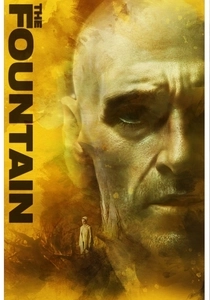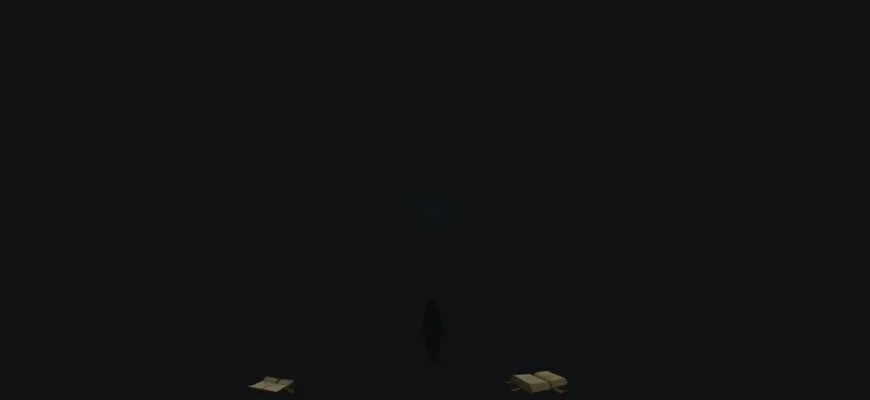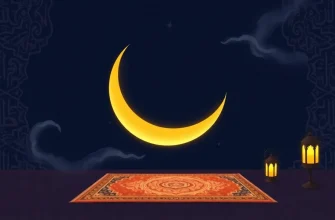This curated list of fantasy films explores the theme of atheism through magical and mythical narratives. These films provide a thought-provoking look at the absence of belief in deities, often challenging traditional views on religion and spirituality. They offer viewers an opportunity to reflect on the nature of faith, the existence of gods, and the human condition in a fantastical setting, making them valuable for those interested in philosophical inquiries through the lens of fantasy cinema.

The Dark Crystal (1982)
Description: This film presents a world where magic exists but is devoid of traditional gods, focusing on the natural order and the balance of the universe.
Fact: Jim Henson and Frank Oz created the film using advanced puppetry techniques, making it a landmark in fantasy cinema.
 Watch Now
Watch Now 
The Last Unicorn (1982)
Description: The film subtly explores themes of immortality and the search for purpose in a world where gods are absent or indifferent.
Fact: The screenplay was adapted from Peter S. Beagle's novel, which has a cult following for its philosophical depth.
 Watch Now
Watch Now 
The NeverEnding Story (1984)
Description: The story delves into the power of imagination and the role of belief in creating and sustaining worlds, with no divine presence.
Fact: The film was a major success in Germany before gaining international acclaim.
 Watch Now
Watch Now 
The Matrix (1999)
Description: While not explicitly about atheism, the film's premise of a simulated reality controlled by machines raises questions about the existence of a creator or higher power.
Fact: The Wachowskis drew inspiration from various philosophical and religious texts, including Plato's Allegory of the Cave.
 Watch Now
Watch Now 
The Fountain (2006)
Description: This film intertwines three narratives, one of which features a conquistador searching for the Tree of Life, symbolizing a quest for immortality without divine intervention, reflecting atheistic themes.
Fact: The film was initially conceived as a much larger project but was scaled back due to budget constraints.
 Watch Now
Watch Now 
Pan's Labyrinth (2006)
Description: While steeped in fantasy, the film's narrative can be interpreted as a child's escape from a harsh reality, questioning the need for divine intervention.
Fact: The film blends elements of fantasy with the harsh realities of post-Civil War Spain.
 Watch Now
Watch Now 
The Invention of Lying (2009)
Description: In a world where lying does not exist, the protagonist invents the concept of religion, questioning the need for belief in a higher power.
Fact: Ricky Gervais, who co-wrote and starred in the film, is known for his atheistic views.
 Watch Now
Watch Now 
The Adjustment Bureau (2011)
Description: This film explores the idea of fate versus free will, with characters questioning the existence of a higher power controlling their lives.
Fact: The film is based on a short story by Philip K. Dick, known for his explorations of reality and belief.
 Watch Now
Watch Now 
The Witch (2015)
Description: Set in the 1630s, this film explores the conflict between Puritan faith and the natural world, subtly questioning the existence of a benevolent God.
Fact: The film uses authentic language from the period, adding to its eerie authenticity.
 Watch Now
Watch Now 
Dogma (1999)
Description: While primarily a comedy, "Dogma" deals with the idea of a world where God has left, exploring themes of faith, doubt, and the human response to divine absence.
Fact: The film was controversial and led to protests from religious groups due to its satirical take on Catholicism.
 30 Days Free
30 Days Free 








